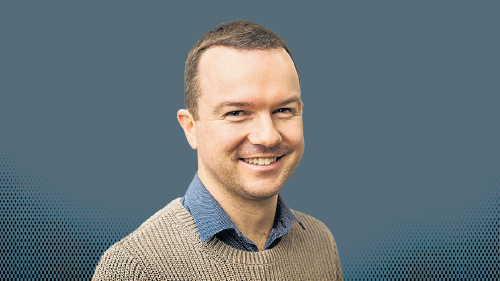
I acknowledge the traditional custodians of this land, the Wiradjuri People. This column is dedicated to those who have gone before us, to those present and to those who will follow us.
Subscribe now for unlimited access.
or signup to continue reading
Ngadhu Marrumbang Ngadhi Ngurambang! (I love my country) as I’m sure madhu mayiny (many people) do. My topic today, that I want to yarn with you about, is to do with Australia, our country, our Gunhi Dhaagun (mother earth)
Last week, which was NAIDOC Week, I was invited out to the RAAF Base Wagga to yarn to about 60 people about what NAIDOC is about and also to yarn about Aboriginal people.
I talked about the Yirrkala Bark Petition of 1963, the 1967 referendum and about Mabo.
I talked about Wiradjuri Culture and our people. I also spoke about Australia Day, which is celebrated on January 26 every year.
I asked the group out at the RAAF base why is January 26 Australia Day? Why that date? What does it really stand for?
Australia Day is the official national day of Australia. It marks the anniversary of the 1788 arrival of the First Fleet of British ships at Port Jackson, NSW, and the raising of the flag of Great Britain at that site by Governor Arthur Phillip.
OK then, Australia Day celebrates the raising of the Union Jack flag over a country that was occupied for thousands of years. No treaty, no surrender – not right.
So now knowing what the actual date means, can you begin to understand how many Aboriginal people feel about the day? We are torn between a rock and a hard place, do we celebrate or do we not? Why put any nation or people into that position?
I described the feeling of Australia Day a bit like the State of Origin football series that was just won again by Queensland. If they celebrated that day every year on the same day, being a NSW Gibirr (man) I don’t think that I would attend the celebration.
To come together as a nation, why not move the date of Australia Day, so we can all truly Mawang Gaway (all together come here) to celebrate a nation that is still very new, but also very old?
To reconcile a nation and its mayiny (people), the politicians need to stop the yarra (talk) and do the yanhanha (walk). We as a nation need to heal the hurt. We as a nation need to stop, look about and care for Ngurambang (country) and mayiny (people). – Mark Saddler














